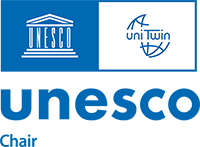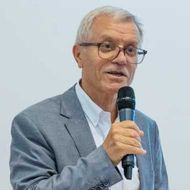
В старых версиях браузеров сайт может отображаться некорректно. Для оптимальной работы с сайтом рекомендуем воспользоваться современным браузером.
✖
- A
- A
- A
- ABC
- ABC
- ABC
- А
- А
- А
- А
- А
Regular version of the site
-
-
Education
-
Science
11 Myasnitskaya St., Moscow
+7 (495) 621-28-73
issek@hse.ru
Administration
Chair Head
–
Alexander Sokolov
Article
Meissner D., Zhou Y., Fischer B. et al.
Technological Forecasting and Social Change. 2022. Vol. 178.
Book
Abdrakhmanova G., Vasilkovsky S., Vishnevskiy K. et al.
M.: National Research University Higher School of Economics, 2022.
Article
Saritas O., Burmaoglu S., Ozdemir D.
Futures. 2022. Vol. 137.
Book chapter
Sokolov A., Shashnov S. A., Kotsemir M. N.
In bk.: BRICS Comprehensive Innovation Competitiveness Report 2020. Scientific and technical documentation press, 2021. P. 36-98.
News



November 13, 2024




October 16, 2024


October 15, 2024


October 09, 2024


July 23, 2024


August 17, 2023

2022 marked 20 years since the HSE Institute for Statistical Studies and Economics of Knowledge has been founded. To celebrate this 20th Anniversary, we selected key events and facts in ISSEK’s history that sparked reflective discussions in academia, set new milestones for HSE University, or encouraged development in various sectors of the Russian economy and public life.
December 29, 2022


November 30, 2022
- About
- About
- Key Figures & Facts
- Sustainability at HSE University
- Faculties & Departments
- International Partnerships
- Faculty & Staff
- HSE Buildings
- HSE University for Persons with Disabilities
- Public Enquiries
- Studies
- Admissions
- Programme Catalogue
- Undergraduate
- Graduate
- Exchange Programmes
- Summer Schools
- Semester in Moscow
- Business Internship
- © HSE University 1993–2025 Contacts Copyright Privacy Policy Site Map
- Edit

